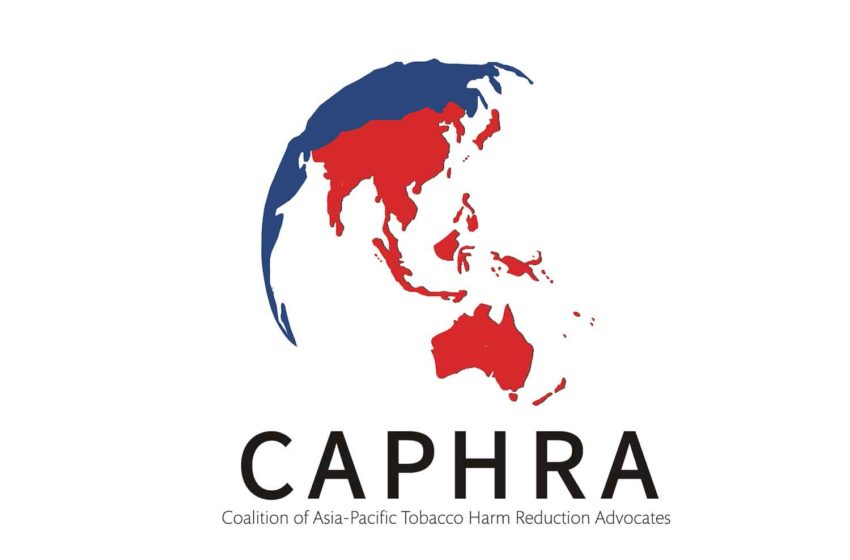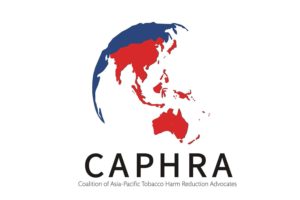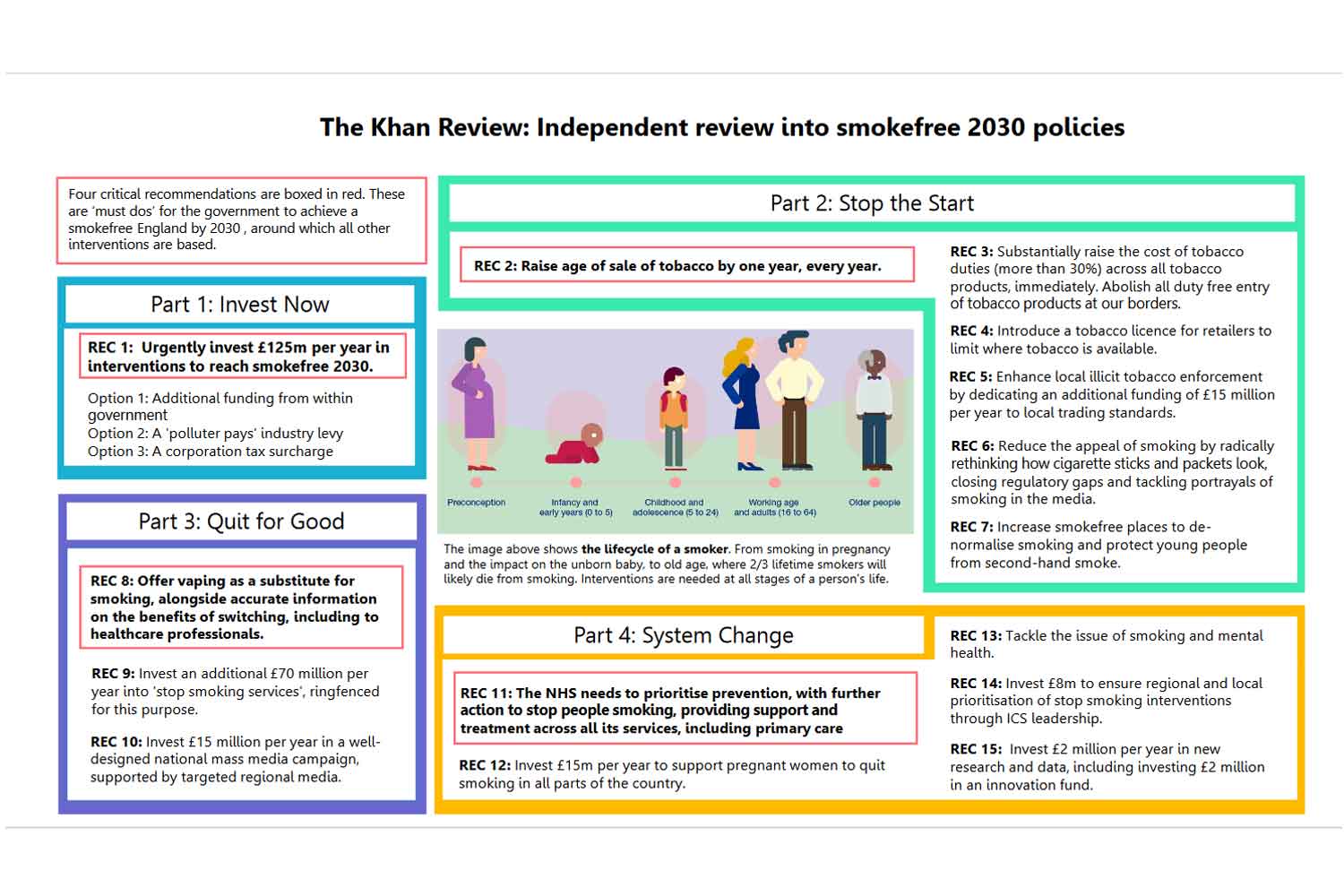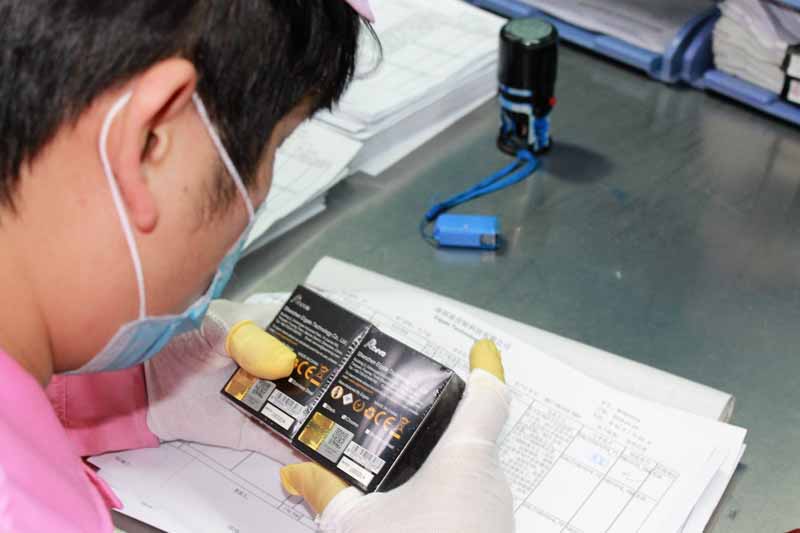
The Canadian government wants vapor product manufacturers to disclose information about their sales and the ingredients used in their products.
On June 17, Minister of Mental Health and Addictions and Associate Minister of Health Carolyn Bennett announced the launch of a 45-day public consultation period on the proposed rules.
“Canada’s vaping market is evolving rapidly,” Health Canada wrote in a press release. “A large number of vaping substances are available across the country and new formulations are frequently introduced with new flavors. Health Canada is restricted in its capacity to properly track market trends due to limited access to information on vaping products sales and composition.”
According to Health Canada, the proposed regulations are the first step of a gradual approach to introducing vaping product reporting requirements. Health Canada is considering additional reporting requirements for implementation in the future similar to those already in place for tobacco products. This could include reporting on information related to research and development as well as promotional activities. It could also include disclosing some information to the public which would increase industry transparency.
“As the vaping market continues to evolve rapidly and entice Canadians, including young people, to use vaping products, we are taking action to better protect everyone in Canada by more fully understanding the impact of these products on their health,” said Bennett. “The proposed regulations will help us educate Canadians about the health harms while furthering research aimed at reducing the amount of people impacted by harms related to tobacco and vaping product use across the country.”
The proposed regulations have been published in the Canada Gazette. Stakeholders can submit comments to mailto:mpregs@hc-sc.gc.ca until Aug. 2.



 “By stirring up anti-vaping hysteria, New Zealand’s Asthma and Respiratory Foundation will only send more minors back to smoking and put the country’s decade long Smokefree 2025 ambition in jeopardy,” says Nancy Loucas, executive coordinator of the Coalition of Asia Pacific Tobacco Harm Reduction Advocates (CAPHRA).
“By stirring up anti-vaping hysteria, New Zealand’s Asthma and Respiratory Foundation will only send more minors back to smoking and put the country’s decade long Smokefree 2025 ambition in jeopardy,” says Nancy Loucas, executive coordinator of the Coalition of Asia Pacific Tobacco Harm Reduction Advocates (CAPHRA).

















